Tragedy in Time of the Coronavirus
April 11, 2020
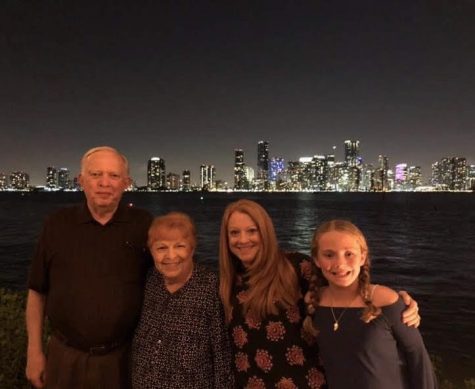
Self-isolation, quarantine, and social distancing are all measures to stop the spread of COVID-19. These are things we know how to do, but what do you do if a loved one dies? Death is one of the most intimate moments the COVID-19 pandemic is affecting. I have personally witnessed this. On Friday, April 10, 2020, my family and I got the dreaded news that no one ever wants to hear: that a loved one has just died. My loved one was my grandfather, but it might be a mother or a son for others. He was Paul Griffin Jones the second, a loving husband for more than 50 years, a Baptist minister, and a father of four. This is a description woefully inadequate to describe his vibrant life. Not only that, but it also has shortcomings in expressing the deep adoration I have for my grandfather. However, I am not talking about the long life of Dr. Paul Griffin Jones. The impacts of COVID-19 go far beyond the immediate deaths from Coronavirus, and it impacts the deaths of the uninfected as well.

COVID-19 has affected loved ones who live far away and can’t travel to see their loved one’s funeral. For my family, my grandfather died in Jackson, Mississippi. Flights in and out of Jackson International Airport are scarce normally, but during a pandemic it is next to impossible to fly there. Flying there alone is a full day’s worth of travel. Planes have been almost entirely grounded and only two flights are taking people into Jackson. Even so it is not viable for any of us to travel that way in case we get COVID-19. That only leaves a near 15 hour car ride as the viable option and even then it is dangerous.
The pandemic is also affecting our funeral plans. My grandfather always wanted to have his body donated to science. However, due to COVID-19, this service has been suspended. Instead, we are to cremate him and have the service this summer. The calling of paramedics to the house might even accidentally give COVID-19 to my grieving grandmother, who most likely won’t survive if she contracts it.
If COVID-19 was not here, my grandfather’s death would be covered on the local news, as he was a prominent person in Jackson. He would have an obituary that people would take notice of, instead of looking at it as just another death during this time.
The impacts of COVID-19 are not only hurting the sick and the economy. They are hurting individual families. COVID-19 might not have caused my grandfather’s death, but it changed how my family and I deal with this tragedy.
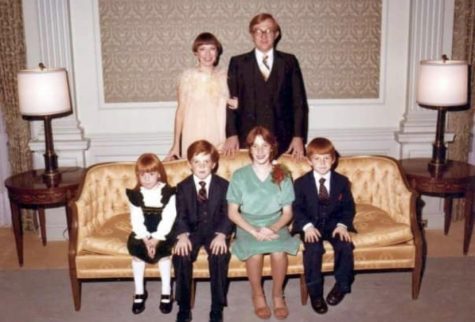

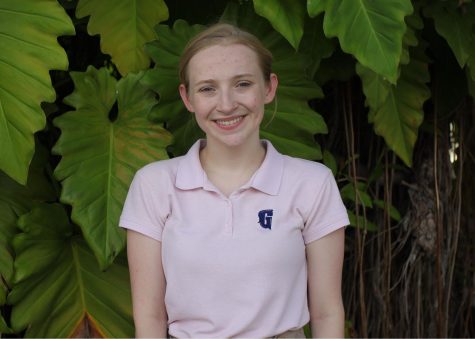

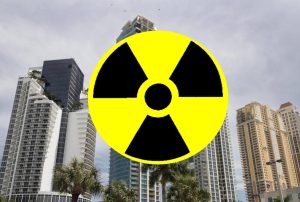


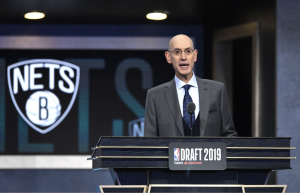

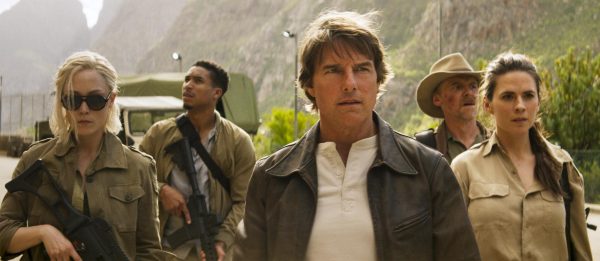
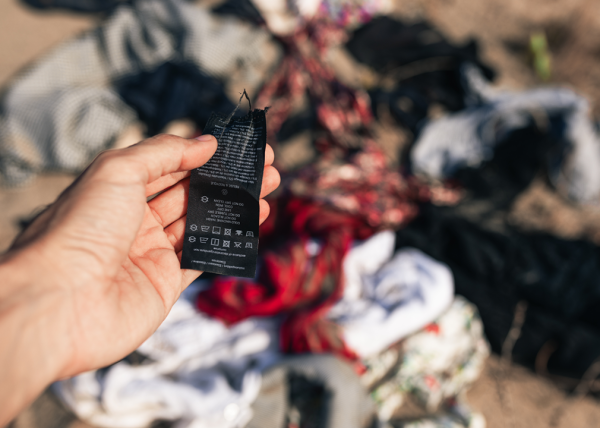
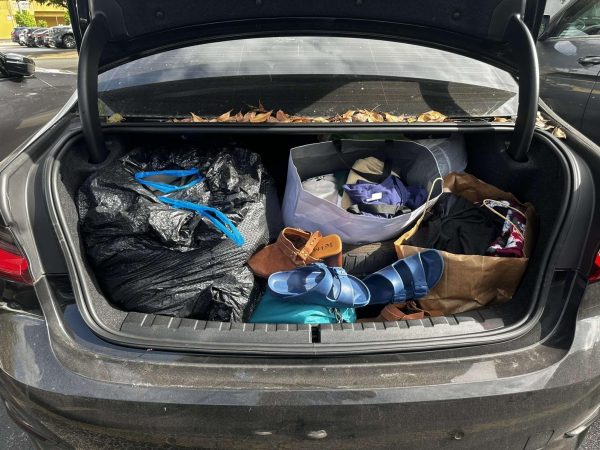
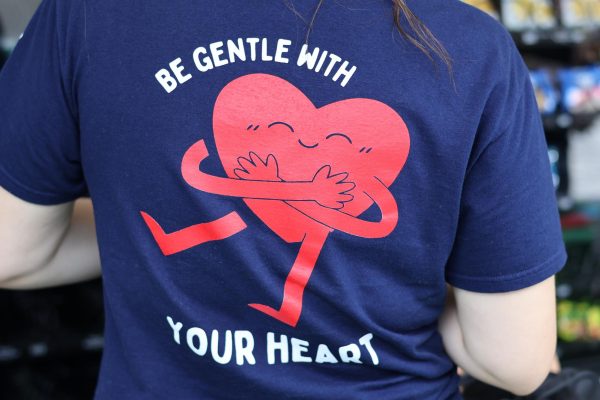
Betty Rogers • Apr 12, 2020 at 7:20 pm
This was beautiful and so we well-written. You have put words to what many people are feeling. I hope others see your lovely message.
Marijane Whitfield • Apr 12, 2020 at 10:07 am
A beautiful piece, and hee would be so proud. I know it’s not nearly what it should be, but many of us have written tributes to him on Facebook. He was definitely a larger than life person, and one of God’s own. So sorry for you and all the family.
Maggie Moreira • Apr 12, 2020 at 3:36 am
So sorry for your loss. Thank you for sharing such a beautiful and heartfelt story. It is so difficult to not be able to share and be there for family in these hard times. May you all find someone peace and may you feel God’s love and guidance in your hearts. My love to you and your family.
James Dixon • Apr 11, 2020 at 3:18 pm
I have known Paul & Sandy for many years in the Clinton, Ms community and attending church together at First Baptist Church. I saw the children grow up to become strong Christians just like their parents.
It us difficult to realize Paul want be here any longer but we know where he will be forever,Serving our Lord Jesus Christ.
This is a very difficult time due to the virus restrictions but we know who is in control and always will be. To the entire family, my family expresses our deepest sympathy. James & Jo Ann Dixon & Family.
Laurie Lawson • Apr 11, 2020 at 1:55 pm
Dr. Jones was a role model and friend to me and to the 4Cs where Sandi serves on our board. He pushed me as I worked to earn two of my three degrees. He gave me guidance on working in a nonprofit. Most of all, he demonstrated his love for Sandi, his four children and grandchildren. He will be missed here. I look forward to eventually seeing him there.
Rest well, Paul!
Kathleen W McBride • Apr 11, 2020 at 1:45 pm
Beautifully written. Love and prayers to the entire family.